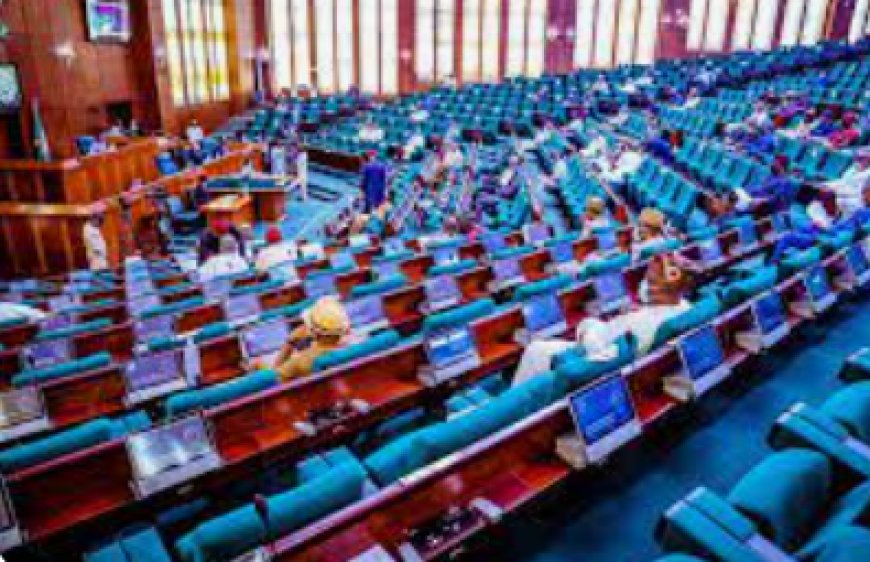Reps to probe green energy projects in MDAs

The House of Representatives is set to investigate the domiciliation of green energy projects in inappropriate government entities to prevent substandard implementation and loss of public funds.
This followed the adoption of a motion of urgent public importance at Wednesday’s plenary, sponsored by the member representing Oshodi/Isolo II Federal Constituency of Lagos State, Hon. Jesse Onuakalusi.
The Federal Government, through its Ministries, Departments, and Agencies, is currently funding numerous green and renewable energy projects aimed at promoting sustainable power generation, reducing carbon emissions, and improving access to clean energy, particularly in rural and underserved communities.
However, reports indicate that some of these projects, including solar mini-grids, wind farms, and other renewable energy initiatives, have been domiciled with entities and institutions that lack the technical expertise, professional competence, or statutory mandate to effectively execute or supervise them.
Speaking on the motion, the Labour Party lawmaker expressed concern over what he described as “the misplacement or inappropriate domiciliation of projects,” noting that it undermines the objectives of Nigeria’s Energy Transition Plan.
He said, “The House is concerned that this encourages duplication of efforts, delays implementation timelines, and often results in substandard or abandoned projects, thereby wasting public funds and eroding public trust.
“The House is worried that the lack of due diligence and proper inter-agency coordination in assigning such projects has led to inefficiency, poor monitoring, and loss of value in the delivery of renewable energy infrastructure, particularly in rural electrification and public sector energy efficiency programmes.
The effective management and domiciliation of green energy projects with competent and appropriate agencies such as the Rural Electrification Agency, Energy Commission of Nigeria, and Nigerian Electricity Regulatory Commission, among others, are critical for ensuring technical quality, sustainability, and accountability in project delivery.”
Onuakalusi further warned that the continued mismanagement and misplacement of green energy projects could derail Nigeria’s commitment to the United Nations Sustainable Development Goal 7 (Affordable and Clean Energy) and the Paris Climate Agreement, with grave consequences for environmental sustainability and economic growth.
Following the adoption of the motion, the House mandated its Committee on Renewable Energy to investigate the reported domiciliation of green and renewable energy projects across MDAs to determine compliance with due process, capacity standards, and statutory mandates.
The Committee is also to identify cases where renewable energy projects have been misplaced, mismanaged, or underperformed due to domiciliation with inappropriate entities and recommend corrective measures, including sanctions where necessary.
Additionally, the House directed the Federal Government, through the Office of the Secretary to the Government of the Federation and the Bureau of Public Procurement, to ensure that future green energy projects are domiciled strictly with competent, legally mandated, and technically qualified institutions, as recommended by the Committee on Renewable Energy.
It also urged the Federal Ministry of Power and the Energy Commission of Nigeria to develop a clear framework for inter-agency coordination and delineation of responsibilities in implementing renewable and green energy initiatives, and to report back to the House Committee on Renewable Energy within four weeks.
Furthermore, the House proposed an urgent amendment to the Electric Power Sector Reform Act to align existing legislation with Nigeria’s renewable energy objectives.

 admin
admin 


